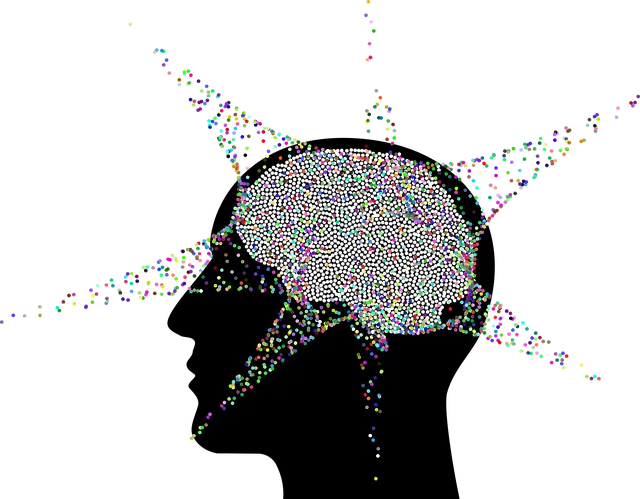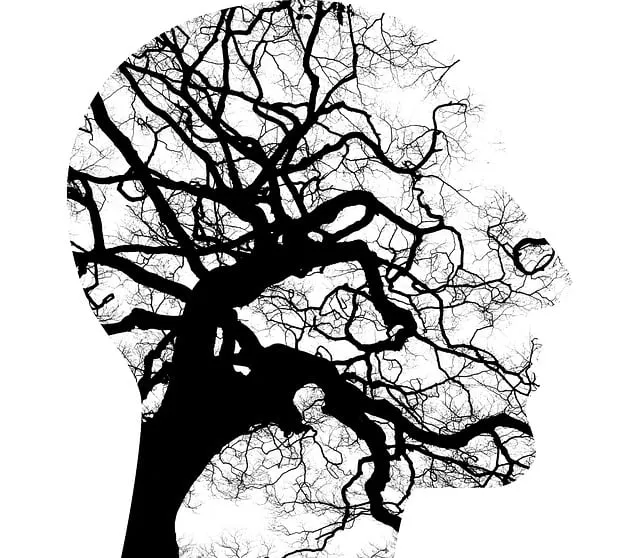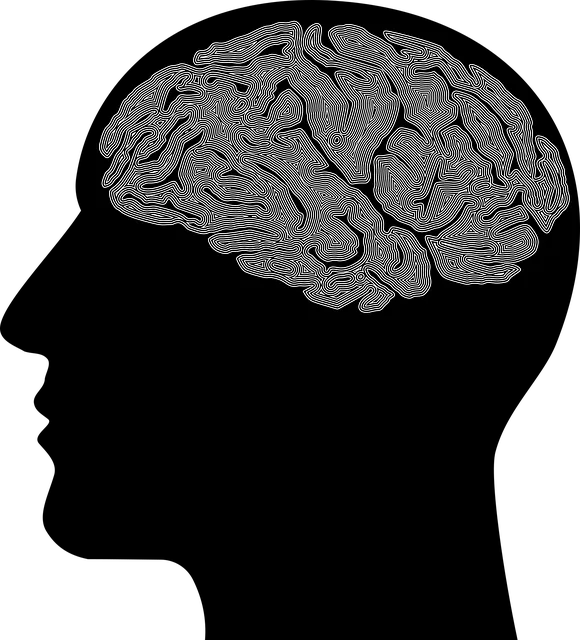In Lone Tree, Kaiser Permanente's behavioral health services leverage RFM (Reach, Frequency, Monetary value) analysis and Compassion Cultivation Practices (CCP) for holistic mental wellness solutions. By understanding customer engagement through data-driven insights, they tailor programs to specific needs, enhancing Mental Health Awareness and service quality. Resilience-building exercises, backed by positive Kaiser Permanente behavioral health services reviews, empower individuals with coping skills, reduce stress, and improve overall mental well-being. Diverse tailored programs, including art therapy for youth and mindfulness training for adults, contribute to a supportive community and improved patient outcomes.
In Lone Tree, leveraging RFM (Reach, Frequency, and Monetary value) strategies has emerged as a powerful tool for enhancing behavioral health services within Kaiser Permanente’s community outreach programs. This article explores how Kaiser Permanente has pioneered integrated support systems, incorporating resilience-building exercises to bolster mental well-being. We delve into the implementation of diverse resilience training programs, evaluating their success through rigorous measurement frameworks, with a focus on improving access and outcomes for all populations served by Kaiser Permanente behavioral health services reviews in Lone Tree.
- Understanding RFM and Its Impact on Behavioral Health Services in Lone Tree
- Kaiser Permanente's Approach to Behavioral Health Support in the Community
- The Role of Resilience-Building Exercises in Enhancing Mental Well-being
- Implementing Effective Resilience Training Programs for Diverse Populations
- Measuring Success: Evaluating the Effectiveness of RFM Initiatives at Kaiser Permanente
Understanding RFM and Its Impact on Behavioral Health Services in Lone Tree

In Lone Tree, understanding RFM (Reach, Frequency, and Monetary value) is crucial for enhancing Kaiser Permanente behavioral health services reviews. This data-driven approach helps in gauging customer engagement and loyalty among individuals seeking mental wellness solutions. By analyzing these metrics, healthcare providers can tailor their programs to meet specific needs, fostering Mental Health Awareness and improving overall service quality.
The implementation of RFM analysis in the design of Mental Health Education Programs is a game-changer. It enables the community to identify at-risk populations, increase Reach with targeted interventions, and ensure frequent, effective services that resonate with individuals’ unique challenges. Ultimately, this strategy contributes to positive Kaiser Permanente behavioral health services reviews and advances Mental Health Education Programs, making Lone Tree a more resilient and supportive environment for mental wellness.
Kaiser Permanente's Approach to Behavioral Health Support in the Community

Kaiser Permanente has been at the forefront of providing innovative behavioral health support within their communities, as evidenced by their services in Lone Tree. Their approach emphasizes holistic well-being and resilience through various programs tailored to different demographics. One notable strategy is the integration of Compassion Cultivation Practices (CCP), which aim to foster empathy and reduce stress. These practices have shown promising results in improving mental health outcomes among individuals and fostering stronger community connections.
Additionally, Kaiser Permanente has recognized the importance of empowering individuals with coping skills essential for navigating life’s challenges. They invest in developing public awareness campaigns that educate and encourage the adoption of healthy coping mechanisms. Such initiatives not only cater to the immediate needs of the community but also contribute to long-term resilience building, ensuring that folks are equipped to handle stress and adversity effectively.
The Role of Resilience-Building Exercises in Enhancing Mental Well-being

Resilience-building exercises play a pivotal role in enhancing mental well-being, as evidenced by numerous Kaiser Permanente behavioral health services reviews from Lone Tree and other locations. These exercises equip individuals with coping mechanisms to navigate life’s challenges, fostering a sense of empowerment and control over their emotional states. By integrating Stress Reduction Methods, participants gain valuable tools to manage stress, anxiety, and depression, ultimately improving overall mental health.
The impact extends beyond individual benefits; Mental Health Awareness and advocacy are strengthened through these exercises. They encourage open conversations about mental health issues, challenge stigma, and promote policies that prioritize Mental Health Policy Analysis. This collective effort creates a supportive environment where resilience becomes a shared value, benefiting communities as a whole, as reflected in the positive Kaiser Permanente behavioral health services reviews.
Implementing Effective Resilience Training Programs for Diverse Populations

Implementing effective resilience training programs is a multifaceted approach that caters to diverse populations, as evidenced by Kaiser Permanente behavioral health services reviews in Lone Tree. These programs must be designed with cultural sensitivity and an understanding of varying life experiences. For instance, tailored sessions for youth may focus on building coping mechanisms through creative outlets like art or music therapy, while adult programs could incorporate mindfulness practices and stress management techniques.
The Mental Wellness Podcast Series Production has successfully showcased the power of storytelling in emotional well-being promotion. By sharing personal resilience narratives, these podcasts offer valuable insights into mood management strategies that resonate with diverse audiences. Incorporating such innovative methods ensures that resilience training becomes accessible and engaging for all, fostering a supportive environment where individuals can develop the tools to navigate life’s challenges effectively.
Measuring Success: Evaluating the Effectiveness of RFM Initiatives at Kaiser Permanente

At Kaiser Permanente, the implementation of Resilience, Flexibility, and Mental (RFM) initiatives has been met with promising results in behavioral health services reviews, particularly in Lone Tree. The success of these programs is evident through improved patient outcomes and increased satisfaction rates. By focusing on coping skills development and burnout prevention, Kaiser Permanente has fostered an environment that promotes emotional healing processes among its members.
The effectiveness of RFM initiatives can be attributed to a multi-faceted approach that includes regular sessions for stress management, mindfulness training, and peer support groups. These activities not only enhance individual resilience but also create a supportive community within the healthcare setting. Positive feedback from patients highlights the impact of these programs in managing anxiety, improving mental clarity, and fostering a sense of belonging.
The implementation of RFM and resilience-building exercises in Kaiser Permanente’s behavioral health services in Lone Tree has shown promising results, enhancing mental well-being across diverse populations. By combining community support with structured resilience training programs, these initiatives have the potential to revolutionize access to effective psychological care. As reviewed, Kaiser Permanente’s approach not only improves individual resilience but also fosters a more resilient community, ultimately contributing to better behavioral health outcomes in Lone Tree and beyond.






